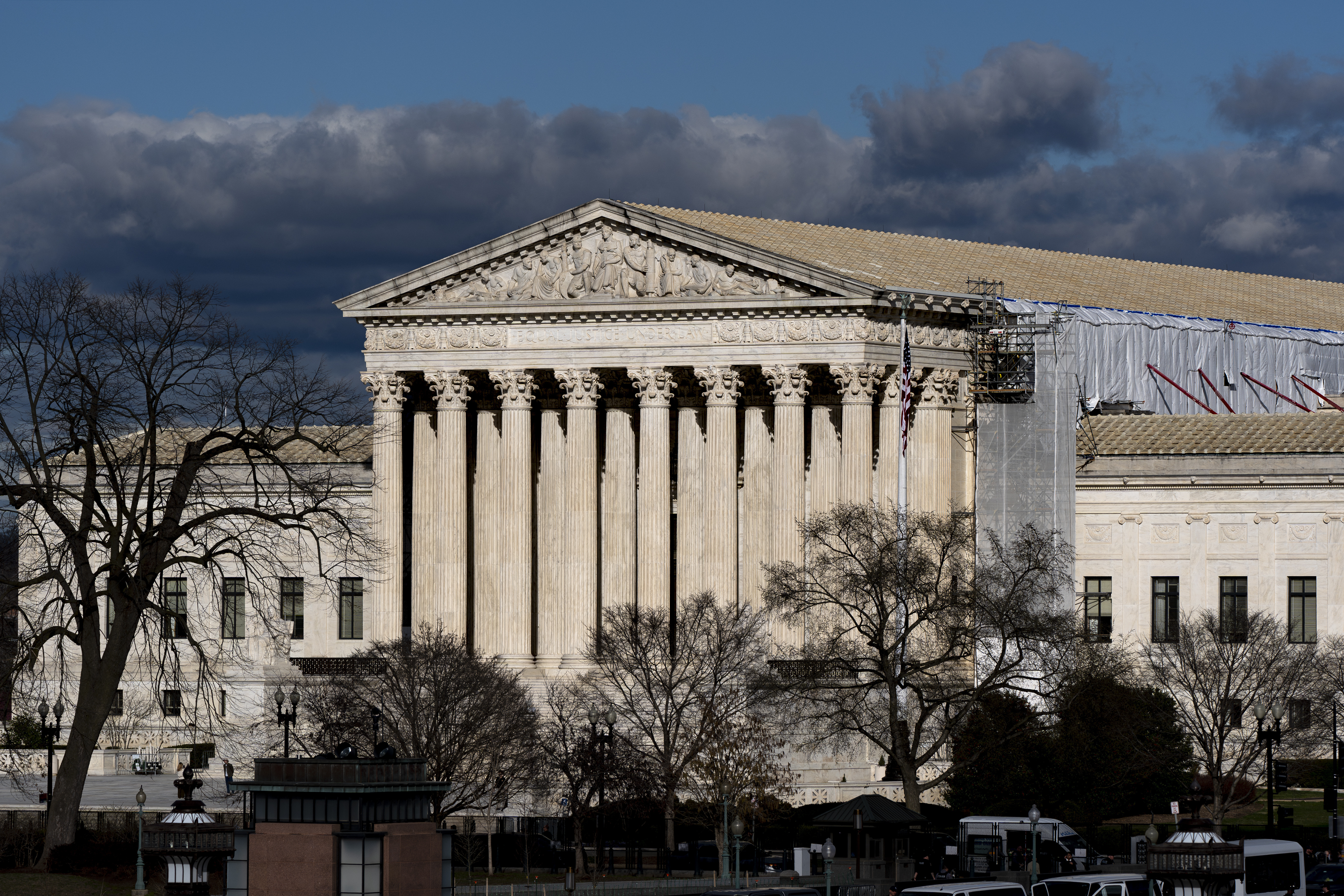As the recession accelerates, not even months of aggressive layoffs can convince investors that companies are shoring up their balance sheet and are safe places to put money.
In normal times, investors generally react positively to layoffs, on the sentiment that personnel cuts are a critical way to resuscitate an underperforming company. But no longer, as firms that lay off thousands of workers are continuing to see their share prices plunge with little relief in sight.
"Under current circumstances the layoffs are seen as symptomatic of an economy that's almost in freefall," says David Resler, chief economist at Nomura Securities in New York. "It's not appreciated as a streamlining tactic on an individual company...if the entire economy is going to be doing the same downsizing."
The trend began in the second half of last year and continues in 2009:
- Dow component Caterpillar (NYSE: CAT) announced 20,000 layoffs on Monday and has seen its stock drop about 10 percent since.
- Also on Monday pharmaceutical giant Pfizer (NYSE: PFE) announced 19,500 layoffs at the same time it said it was buying Wyeth, and its stock has fallen about 9 percent this week.
- Computer maker Dell (NASDAQ: DELL) on Jan. 8 said it would cut up to 3,000 positions and has seen its shares fall nearly 7 percent since.
The unemployment picture didn't get any prettier Thursday, as the Labor Department said weekly claims rose to 588,000 pushing continuing claims to 4.776 million, the highest on record.
The takeaway seems to be that the companies announcing layoffs as well as the underlying economy both have too many troubles to be solved by cutting staff.
U.S. & World
"What we're seeing is the overall market keeps getting pounded and pounded by bad news," says Rick Pendergraft, market analyst at Investors Daily Edge newsletter. "Individuals haven't reached the point where they've become numb to that information."
Whether the trend continues will largely depend on how long the economy remains mired in its slump, though according to conventional wisdom stocks will recover six to nine months ahead of the economy.
But even if the economy stops declining few economists expect a rapid recovery, meaning the layoff trends, and their consequent depressing effect on stocks, will continue to be a story plaguing investors.
"You have to question how the individual company you're thinking about investing in will remain viable or prosper in this environment," says Michael Pento, chief economist at Delta Global Advisors in Huntington Beach, Calif. "As far as I'm concerned, the recession has all of 2009 to run its course."
The layoffs trend became most apparent in the fourth quarter of 2008 and manifested itself most prominently in the banking sector.
The industry's biggest names, including Citigroup (NYSE: C), Goldman Sachs (NYSE: GS) and JPMorgan Chase (NYSE: JPM) announced thousands of layoffs while their stock prices continued to tumble. But now the contagion has spread into other sectors, and Pento believes unemployment could reach 10 percent or more before ebbing.
"If you believe that an inexorable trend toward socialism and an inexorable trend towards inflation is the elixir that will solve our economic problems, then you will believe that our economy will recover quickly. Since I don't believe that is what will cure our economy I'm not looking for our economy to recovery anytime in the near future," he says.
Consumer spending and foreign investment will have to accelerate before a recovery is possible, Nomura's Resler adds.
"Until we get some stability on the demand side of the economy we're going to be facing a lot more numbers like we've seen lately," he says. "It's going to be hard for particular companies to benefit from a restoration of confidence until there's confidence in the overall economy. That's not yet in sight."For more stories from CNBC, go to cnbc.com.



